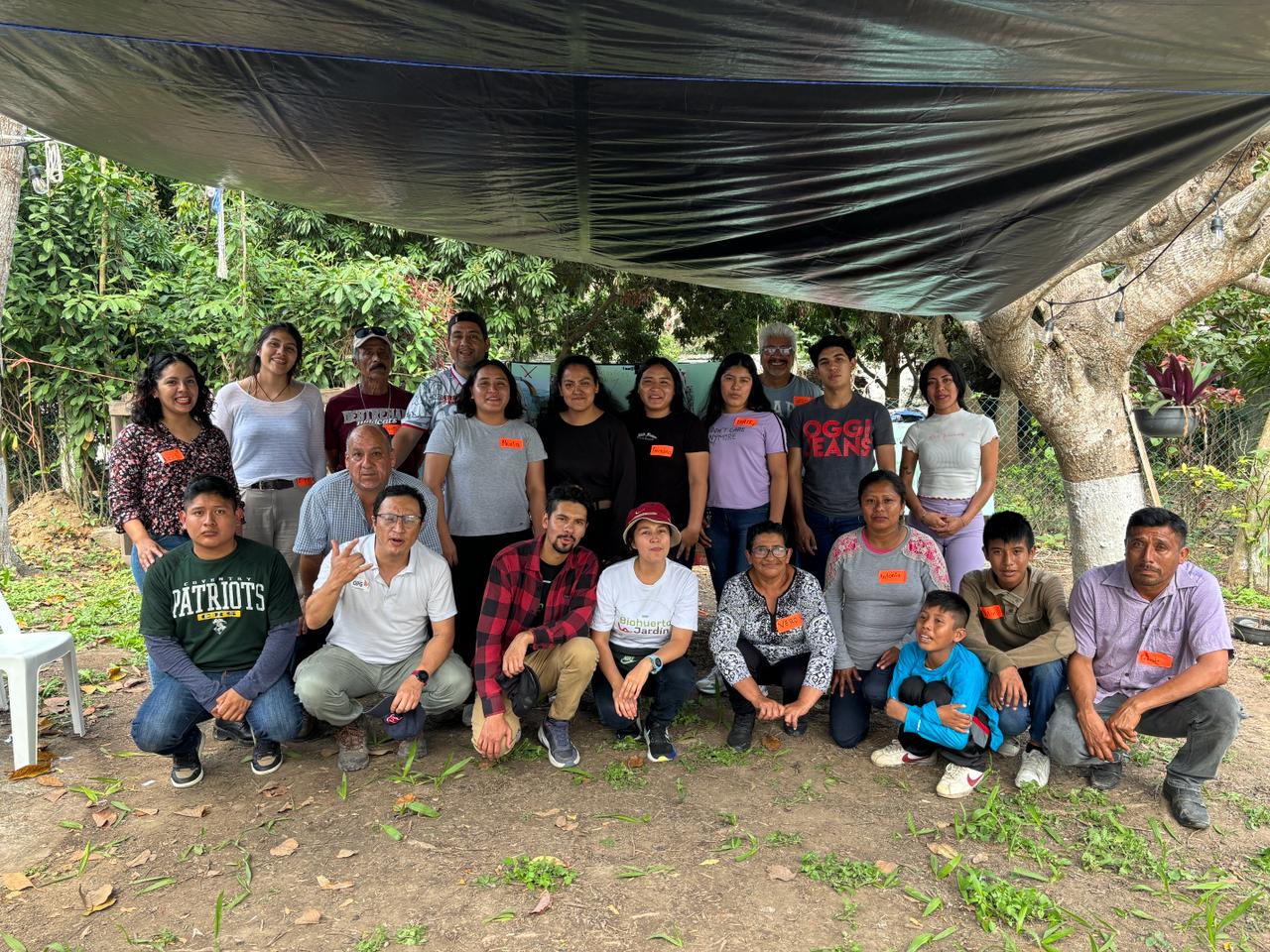As part of this year’s objectives, the community relations team in Mexico has conducted a workshop on vermicomposting and composting at the Social Management offices in Tuxpan, Veracruz. The workshop was organised with the participation of Biohuerto Jardín .
The workshop was attended by 19 participants, including children, university students, technicians from the Nakú Kayám sea turtle camp and community leaders from the Ruta de los Kilómetros Alliance.
The diversity of the participants in the group made it possible to share knowledge on organic waste management and how to use materials available at home, as well as how to adapt to different spaces for vermicomposting and composting.
The workshop covered topics ranging from the characteristics of the Californian red worm and its reproductive cycle, the conditions for degrading organic waste and producing humus and leachate, to the construction of composting and vermicomposting machines.
The participants showed great interest in learning about the worm process and learned that not all organic waste is beneficial to worms. The importance of taking care of their feeding was stressed as well as the need to sometimes pre-compost organic waste before feeding the worms in order to obtain a good humus harvest, which can then be used in vegetable gardens.
Each participant acquired a desire to build a vermicomposting machine at home, aware that waste generation at home can represent more than 30% depending on their diet.
See how the workshop unfolded:
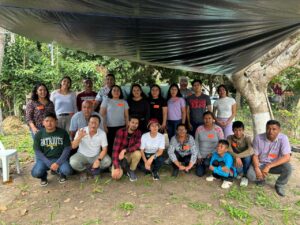
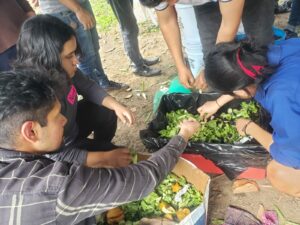
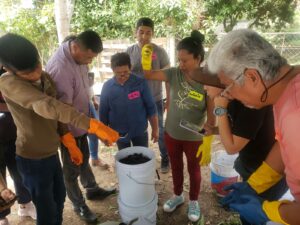
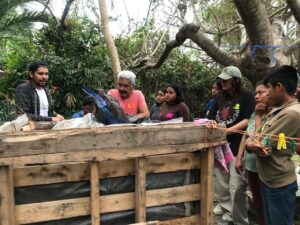
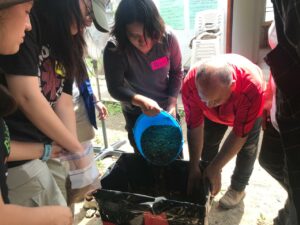
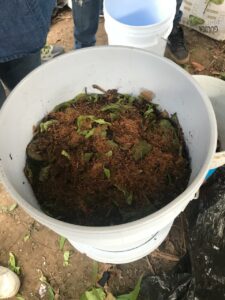
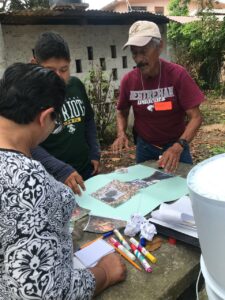
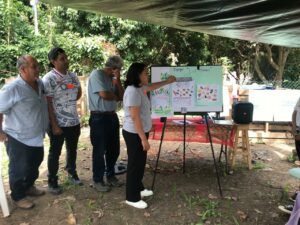
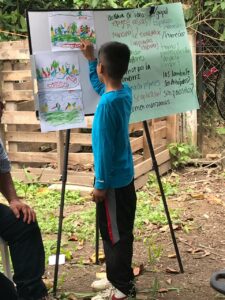
This workshop was part of the strengthening of environmental education projects by the Nakú Kayám sea turtle conservation camp, volunteers and community leaders, promoted by GPG.

